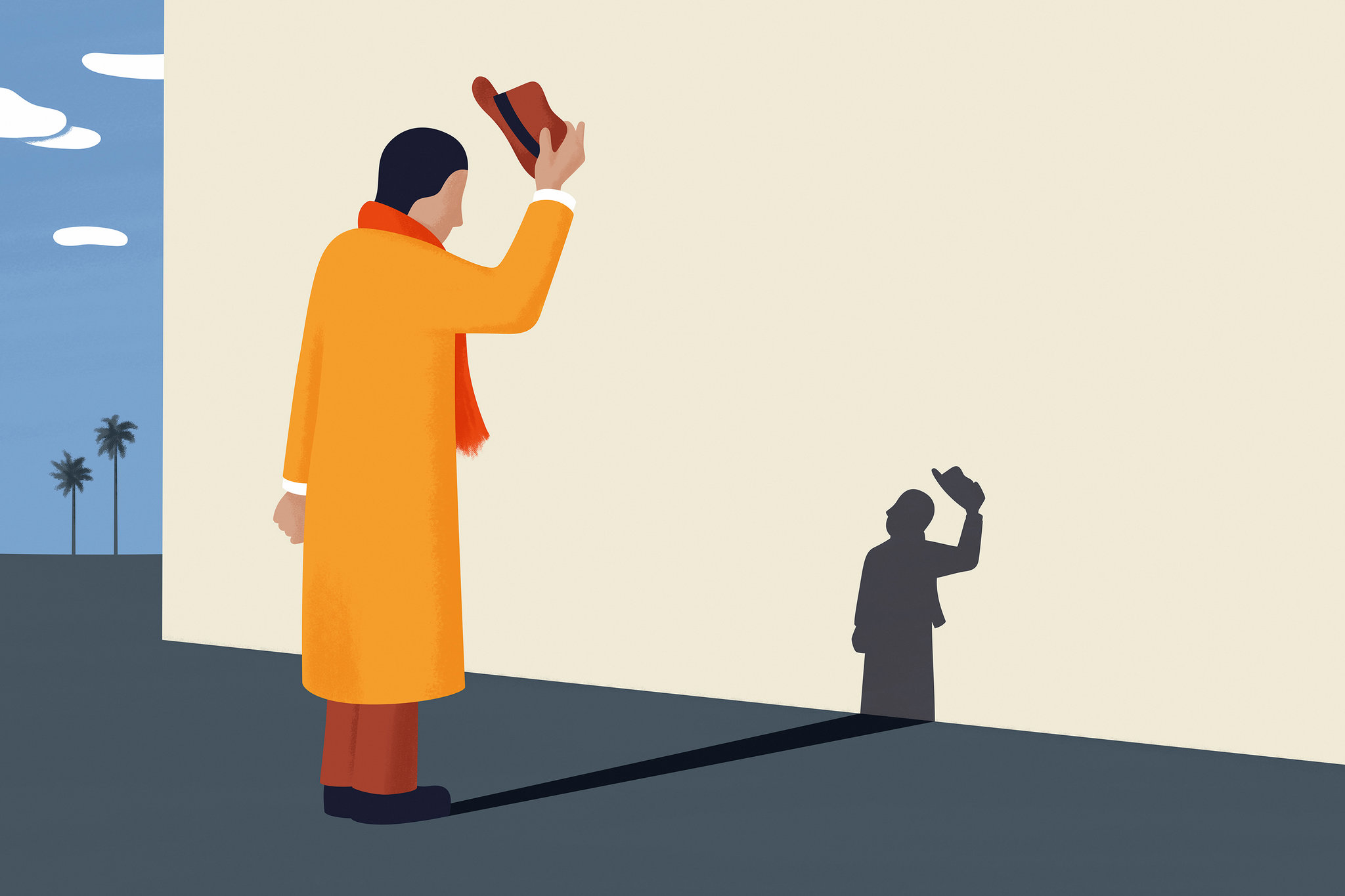The Beauty of Humility – Dedicated to all U.S. Officials

The late reporter and author, Edwin Dobb, expressed his feelings about this virtue in this way: “Gazing at the night sky, at the stars, and the planets invariably speaks to me of the profound humility I feel before the enormity of the universe.”
We each have strengths and weaknesses; to deny either is to fall into false humility. Humility is not about putting ourselves down, not about doubting our competence, and certainly not engaging in what writer David Tristan shared in the October issue of the magazine, Res Gestae: “negative self-talk.” King David got it right when he wrote these words in Psalm 139: “I give you thanks that I am fearfully, wonderfully made”(verses 13-14).
The great Saint Teresa of Avila wrote: “Humility is truth. It is becoming aware of and accepting the truth of who we are.” She was, no doubt, positively influenced by the following passage from the prophet, Isaiah: “But now, thus says the Lord who created you (me) and formed you (me): fear not, for I have redeemed you; I have called you by name: you are mine”…..”you are precious in my eyes and glorious and I love you” (43:1 and 4).
The theme of humility in Jesus’ life is captured beautifully by St. Paul in his Letter to the Philippians: “Though he was in the form of God, he did not deem equality with God something to be grasped at. Rather, he emptied himself and took the form of a slave, being born in the likeness of (people). He was known to be of human estate, and it was thus that he humbled himself” (2:6-8a).
The passage from Isaiah above had a profound impact on me when, in my mid-twenties, I found myself struggling with a poor self-image. I brought my concern to a wise Jesuit priest friend of mine who listened caringly to my problem and gave me two wonderful helps: a phrase, or mantra, to say whenever I found myself caught in this negative thinking – “God loves me and that is what ultimately matters” – and the words from Isaiah 43.
Marilyn Gist, professor emerita at Seattle University, in her recently published book,
“The Extraordinary Power of Leader Humility,”* gives us another perspective on this virtue. She defines humility in leadership as “a tendency to feel and display a deep regard for others’ dignity.” Like I mentioned above, she does not see humility as a sign of weakness; but rather as a necessary disposition for working with others.
She writes: “We can still be strong and have high standards. And we can demonstrate respect for others’ sense of self-worth.” When we respect the dignity of others, we empower them. This kind of leader knows what she knows and what she doesn’t. This, too, is true humility.
++++++++++++++++++++++++++++++++++++++++++++++++++++++++++++++++
* Published by Berrett-Koehler, Inc., 2020; (800) 929-2929; www.bkconnection.com




Lorraine Majcen
Posted at 09:24h, 23 JanuaryWise words Fr Max. I recall it as a defining moment for me, some time ago, when I was reminded, that God loves me and that in the end, that’s all that mattered. It gave me self confidence and eliminated this false need to be a people pleaser, in order to be loved by my fellow humans. It becomes easier to practice the virtue of humility when you know who you are and whose you are.
Thanks for your insights Fr Max
Peter Bisson
Posted at 08:22h, 24 JanuaryThank you Max!
Eliza Fernbach
Posted at 10:55h, 25 JanuaryThe artist who created the accompanying image for this article is Francesco Ciccolella.
This humble creation has been used widely to complement writings on humility, including an article
published in the New York Times in October 2019.
Charles Pottie-Pâté
Posted at 15:14h, 25 JanuaryGood words of wisdom, Max. Thank you.